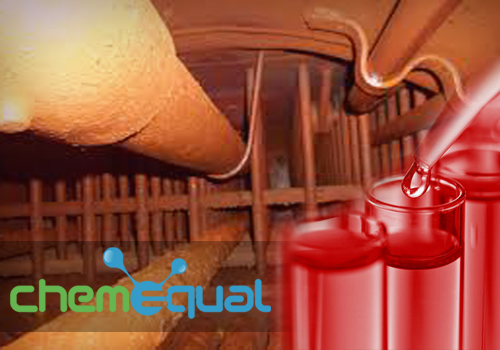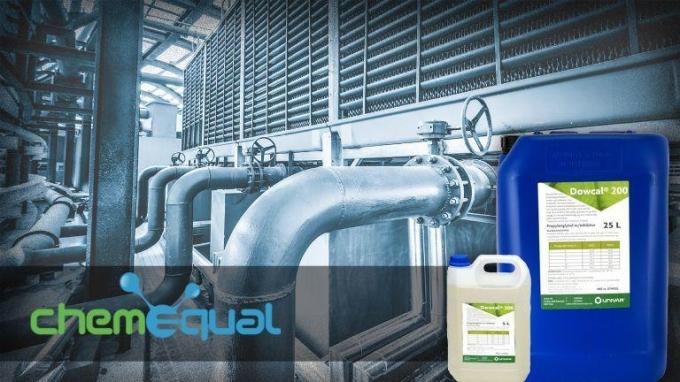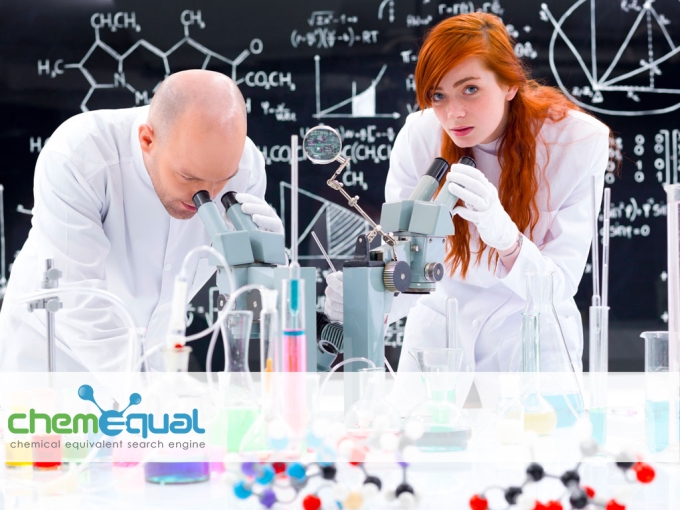The American Chemistry Council (ACC) reported that U.S. specialty chemicals market volumes rose a strong 0.6 percent in February. This follows an upwardly revised 0.4 percent gain in January. Volumes have generally been moving up since May. All changes in the data are reported on a three-month moving average (3MMA) basis. Of the twenty-eight specialty chemical segments we monitor, eighteen expanded in February, ten experienced decline and none were flat. During February, large gains (1.0 percent and over) occurred in antioxidants, food additives, mining chemicals, oilfield chemicals, paint additives, and rubber processing chemicals.
The overall specialty chemicals volume index was up 1.3 percent on a year-over-year (Y/Y) 3MMA basis. The index stood at 107.2% of its average 2012 levels. This is equivalent to 7.39 billion pounds (3.35 million metric tons). The down-turn in the oil and gas sector had affected headline volumes and weakness spread to other segments. Year-earlier comparisons were negative from second quarter 2015 through second quarter 2016 but are now improving as the recovery in the oil and gas sector has engaged and is now aiding head-line volumes. On a Y/Y basis, there were gains among 15 market and functional specialty chemical segments.
Specialty chemicals are materials manufactured on the basis of the unique performance or function and provide a wide variety of effects on which many other sectors and end-use products rely. They can be individual molecules or mixtures of molecules, known as formulations. The physical and chemical characteristics of the single molecule or mixtures along with the composition of the mixtures influence the performance end product. Individual market sectors that rely on such
products include automobile, aerospace, agriculture, cosmetics and food, among others.
Specialty chemicals differ from commodity chemicals. They may only have one or two uses, while commodities may have multiple or different applications for each chemical. Commodity chemicals make up most of the production volume in the global marketplace, while specialty chemicals make up most of the diversity in commerce at any given time, and are relatively high value with greater market growth rates.
This data is the only timely source of market trends for twenty-eight market and functional specialty chemical segments. Chemistry directly touches over ninety-six percent of all manufactured goods, and trends in these specialty chemical segments provide a detailed view of trends in manufacturing. The data also sheds light on how various consumer end-use markets are performing compared to others in the marketplace.




